This GuidePost talks about how we are always in pursuit of happiness. But happiness is based on chance and not something that can be constantly achieved. Pleasure is also temporary and not something that should be constantly strived for. Instead, we should focus on having joy, which is more internal and based on making peace with your self. To have Joy@Work, we should focus on leveraging our talents and doing something purposeful for others. Although it will take time and effort, the benefits will be worth it in the end.
This GuidePost answers the following questions:
1. What is the problem with the pursuit of happiness?
2. What are the benefits of aiming for joy instead of happiness?
3. What does research show about the benefits of being happy at work?
4. What did the Energy Project find were the benefits of going beyond engagement?
5. What is the most underutilised way to increase productivity, engagement, and performance?
6. What are the three things that bring joy in the workplace?
7. How can you have joy@work?
Seeking Pleasure, Finding Joy
When you ask people what they want in life, the No 1. answer is “Happiness”. But, there’s a problem with the pursuit of happiness found in the root of the word which is “hap”. Which is the same “hap” in perhaps, haphazard, happenstance and happen. It means luck, chance or fortune and to have happiness means it has to happen to you.
And another problem, when many people think about happiness they’re really thinking about what gives them pleasure and having more of those things. Pleasure is extrinsic, visceral and temporary.
Joy, on the other hand is more consistent and cultivated internally. Joy comes when you make peace with who you are, why and how. Whereas, happiness is externally triggered and based on other people, places, things, events and thoughts.
Aiming for joy is far more beneficial and less transitory. So how can you have Joy@Work
Imagine that someone created a green pill that adds years to your life; it reduces the risk of having a heart attack or stroke; cuts your risk of Alzheimer's disease by more than fifty percent; helps you relax during the day and sleep better at night; it doubles your chances of staying drug and alcohol free after treatment; activates your natural killer cells; diminishes your inflammatory cells; increase your good cholesterol (HDL); and it repairs your DNA.
What if this imaginary green pill reduced hospitalisation so much that it put a big dent in the national health crisis?
Oh, and as a special bonus, it gives you better sex.
The company that made that green pill would be worth gazillions right? The green pill's inventors would win Nobel Prizes and have institutes named for them.
But it's not a green pill. It's the Resilience of fulfilling Your Purpose. And it's free.
And you get side effects. More friends. Greater happiness. Deeper engagement in life. And better sex.
Now imagine a red pill that makes your work almost effortless, yet simultaneously fulfilling. Every moment at work you are in the zone. You're flowing and your performance is so good, and your productivity increases and you are more engaged with your work and with your colleagues.
The company who made that red pill would be worth even more gazillions and businesses would be clamouring for their workers to take this magnificent drug so they could profit even more and keep staff happily employed and engaged for years to come at higher wages with shorter working hours and greater productivity.
Well those red pills would be flying off the shelves faster than an speeding bullet.
But it's not a red pill. It's leveraging your Talent. And it's also free.
Now, what if you take both the green pill and the red pill?
What if you were joyful at work, found deep pleasure in doing what you do and it felt effortless and your job was meaningful for you?
I've worked with so many people who want this to be true for them. I'm certain that you do too.
And there is a way that you can have this. But I must warn you. This is not a magic trick for instant success, nor a silver bullet that will instantly make everything bad disappear.
Some things will appear to be magical but they're actually social cognitive neuroscience. Some things are going to turn your world on its head.
It will take you some time and effort. So if you don't like taking on things that take time and effort you should turn back now before you get a glimpse of the potential joy you could be having at work.
What do you want out of life?
You want to be happy right?
Of course you do. Ask anyone what they want in life and the vast majority will reply that they want to be happy.
They want their partner to be happy. They want their kids to be happy. They want their entire family to be happy.
Ask them if they are happy at work, and you'll be met with a kind smirk as if you had lost your marbles. Ask them if they experience joy at work and they'll laugh at the absurdity of the idea.
Yet a 2015 study shows that happy staff are 12% more productive than unhappy staff. And happiness has an even greater impact in sales - raising sales by 37%!
We've known this for years! Centuries even!
3,000 years ago, the wisest and wealthiest man who ever lived understood this: “So I decided that there was nothing better for a man to do than to enjoy his food and drink and his job.” Ecc 2:24 TLB
So every organisation everywhere has implemented fantastic training and coaching to make sure that their staff are all happy? This is immediately evident as you walk into almost any workplace in any country. How everyone is smiling, laughing, being friendly, helpful, cooperating. How they’re so joyful its contagious you cannot help but smile and wish earnestly that you could join that organisation and get paid handsomely for having fun and enjoying every day… or perhaps not 🤷
In the Happiness Advantage, Shawn Achor's research shows that an individual's job success is 25% predicted by IQ. Meanwhile, 75% is predicted by your optimism levels, your social support and your ability to see stress as a challenge instead of a threat. That is: your success is largely dependent on your happiness
Conventional "wisdom" holds that if we work hard, we will be more successful. And, if we are more successful, then we'll be happy.
This is broken and backwards!
The problem is two-fold:
1. When you achieve (i.e. your brain has a) success you just change the goalpost of what success looks like. Now success is beyond and you never achieve it. So if happiness is based on success and you never achieve success you cannot achieve happiness.
2. Secondly, by raising a brains positivity in the present, they gain a happiness advantage and the brain performs significantly better than at negative, neutral or stressed. Intelligence rises, creativity rises, energy levels rise and every single business outcome improves: Increased 31% productivity, greater resilience, less burnout, less staff turnover, 37% greater sales (Lyubominirsky, 2005)
But being happy isn't enough!
Being happy isn't the only ingredient to a life well lived.
When I spent several days recovering in hospital from a quadruple bypass, I spoke with many other patients who had had similarly close calls to meet their maker. Two things became abundantly clear:
1. Those with a positive and grateful attitude recovered more rapidly and were discharged sooner.
2. The closer someone had been to death, the more determined they were to live a life filled with meaning and that always, always meant doing something FOR other people.
Why this matters to your organisation
The statistics on workplace engagement are grim to say the least. Depending on the survey you read, anywhere between a whopping 70% of employees in America do not feel engaged at work. Around the world, that increases to 87% who are not engaged. In Singapore alone, a Gallup survey has 77% of employees are unengaged and 6% are actively disengaged.
Going beyond engagement
The Energy Project undertook a survey with Harvard Business School and found that employees who derive purposeful meaning and significance from their work were more than three times as likely to stay and reported 1.7 times higher job satisfaction and were 1.4 times more engaged at work.
Increasing a sense of purposefulness at work is one of the most potent - and underutilised - ways to increase productivity, engagement and performance.
What if employees were happy AND derived significance and meaning from their work aligned to their own purpose in life? Wouldn't that be Joy at work?
Joy appears 214 times in the NIV Bible - and always associated to living in your purpose. When psychology, neuroscience and the Bible concur, I get kinda excited to find out more, don’t you?
What brings joy in the workplace?
- We derive joy from our using our talents and strengths.
- We derive joy from doing something purposeful, meaningful and significant.
- And we derive joy from our relationships (at work and at home).
- We are joyful when we feel as if we are in control and feel safe and optimistic and that we matter.
- And we get most joy from doing something for others.
- And money helps ... to a point.
Do you Dare to Have Joy@Work? Let’s find out…


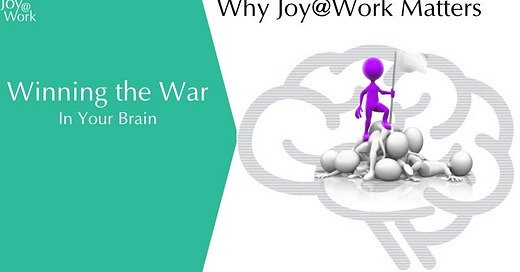
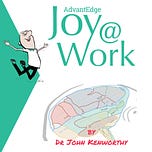


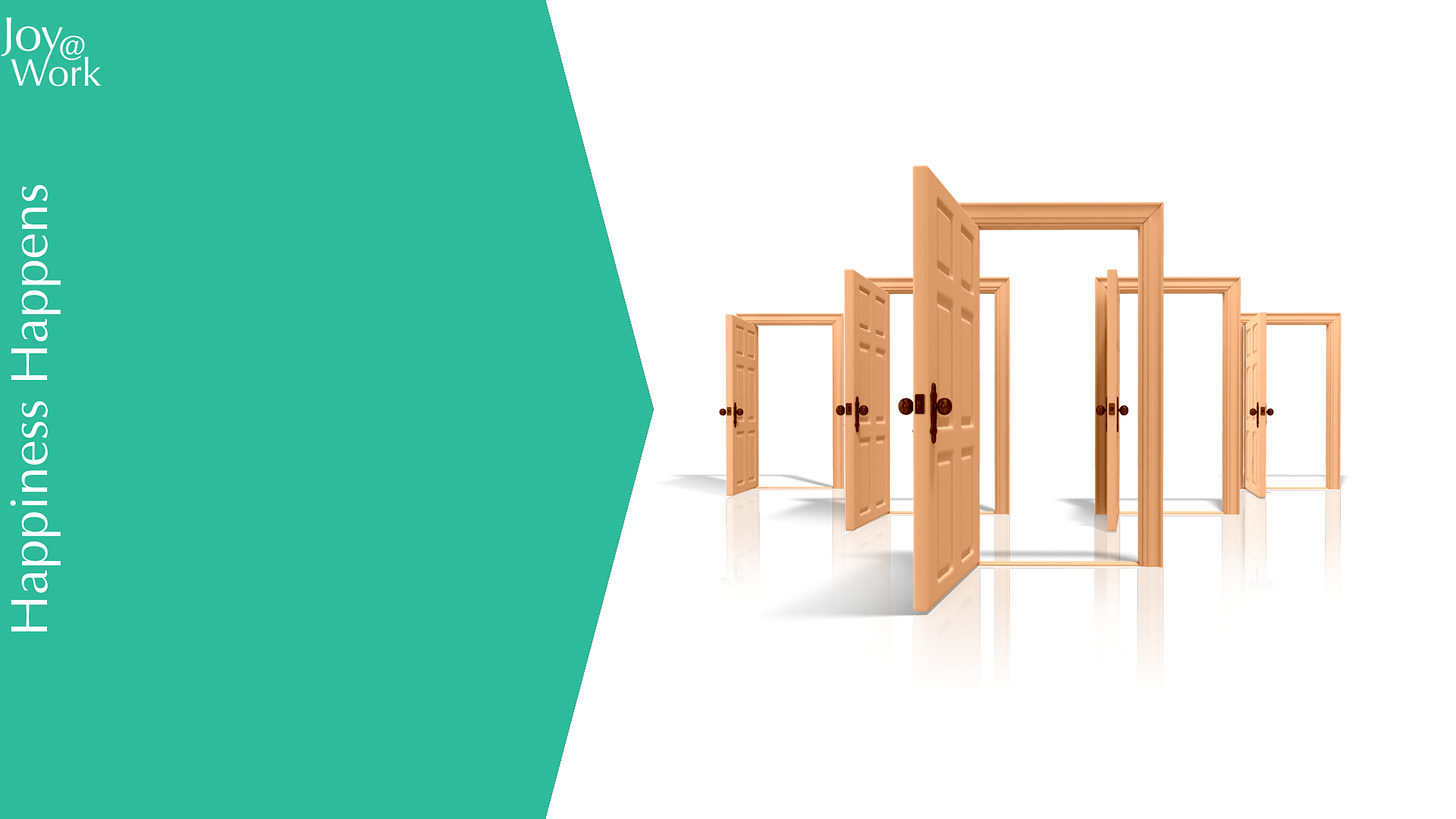
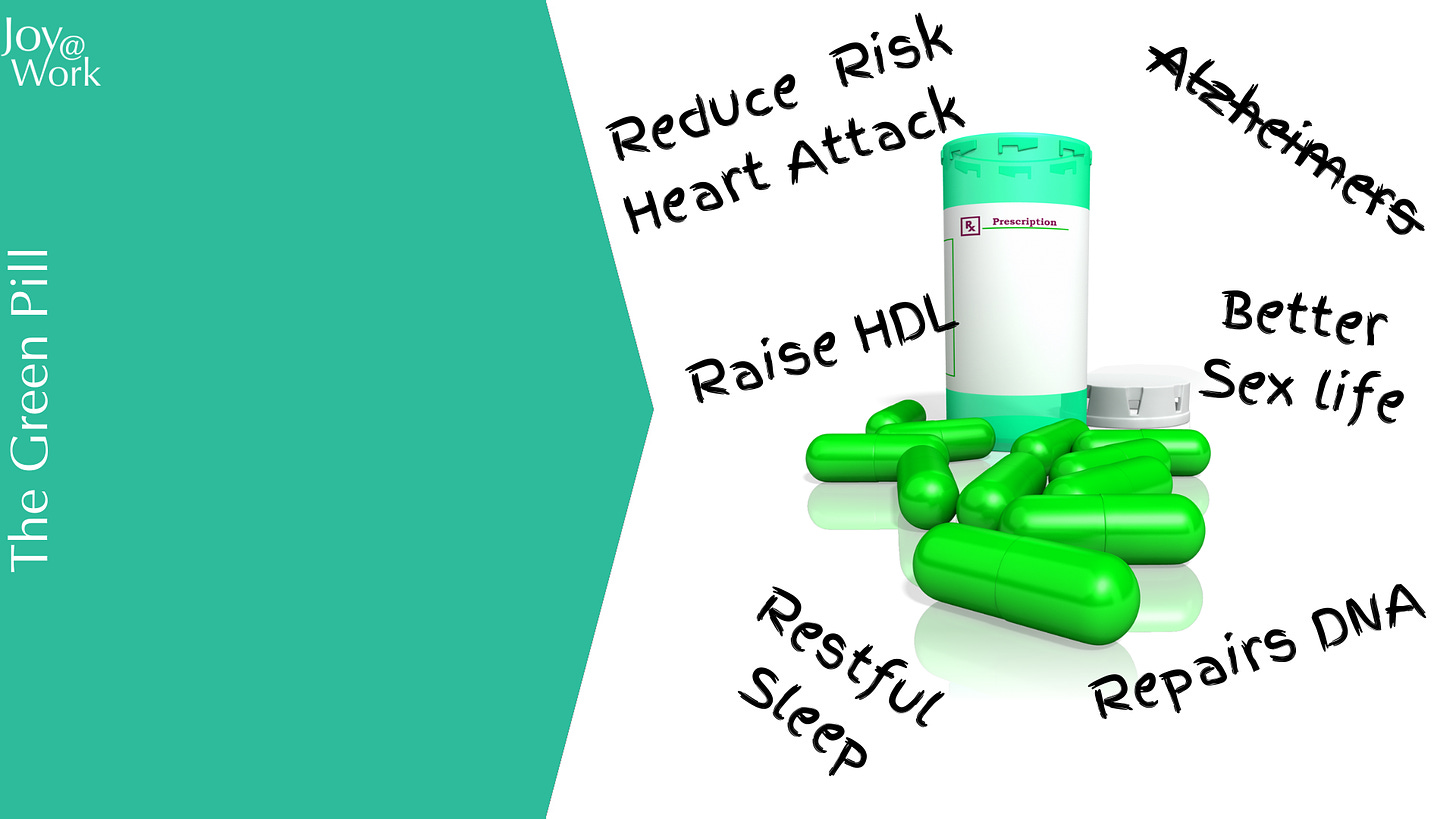
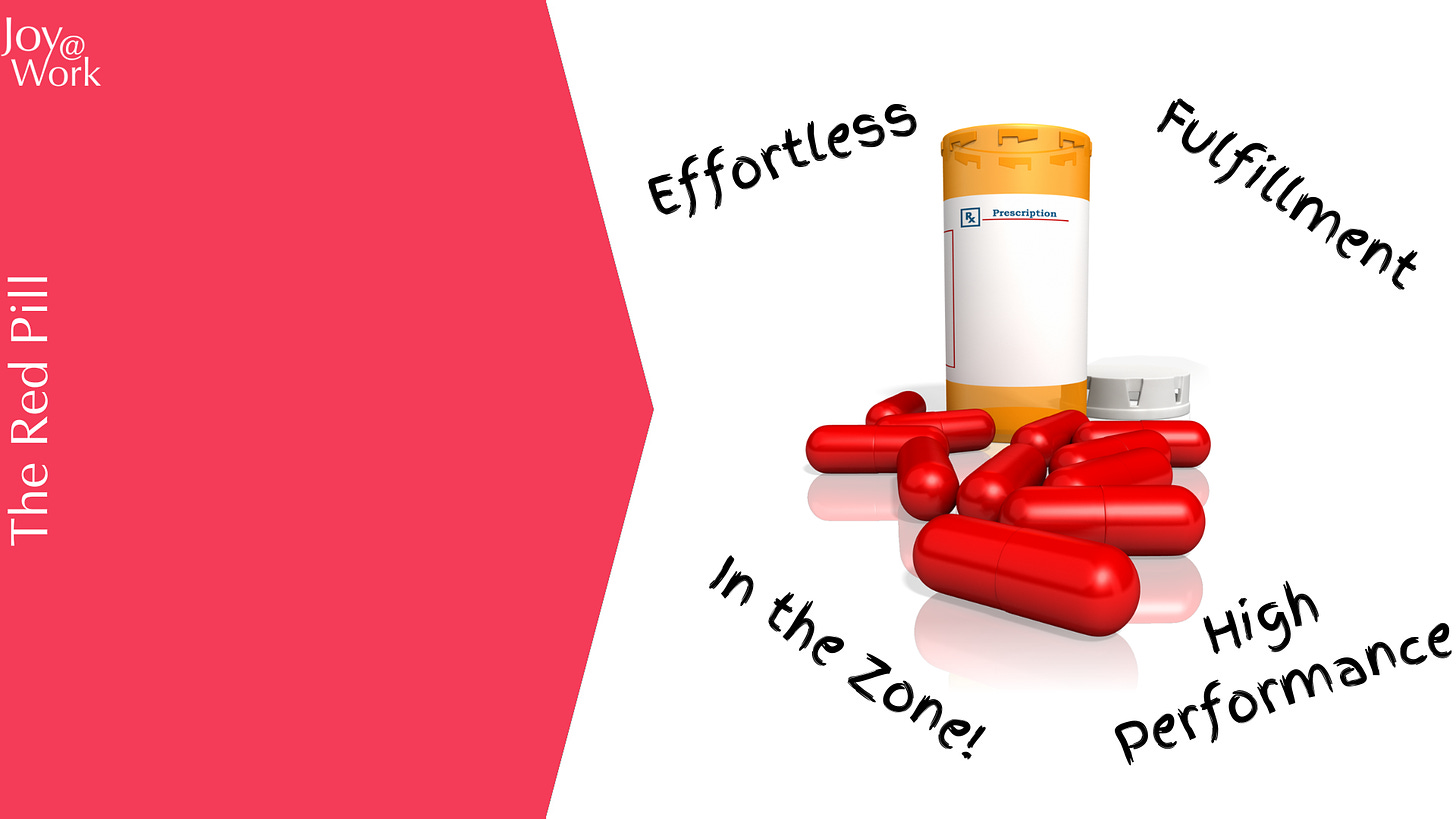



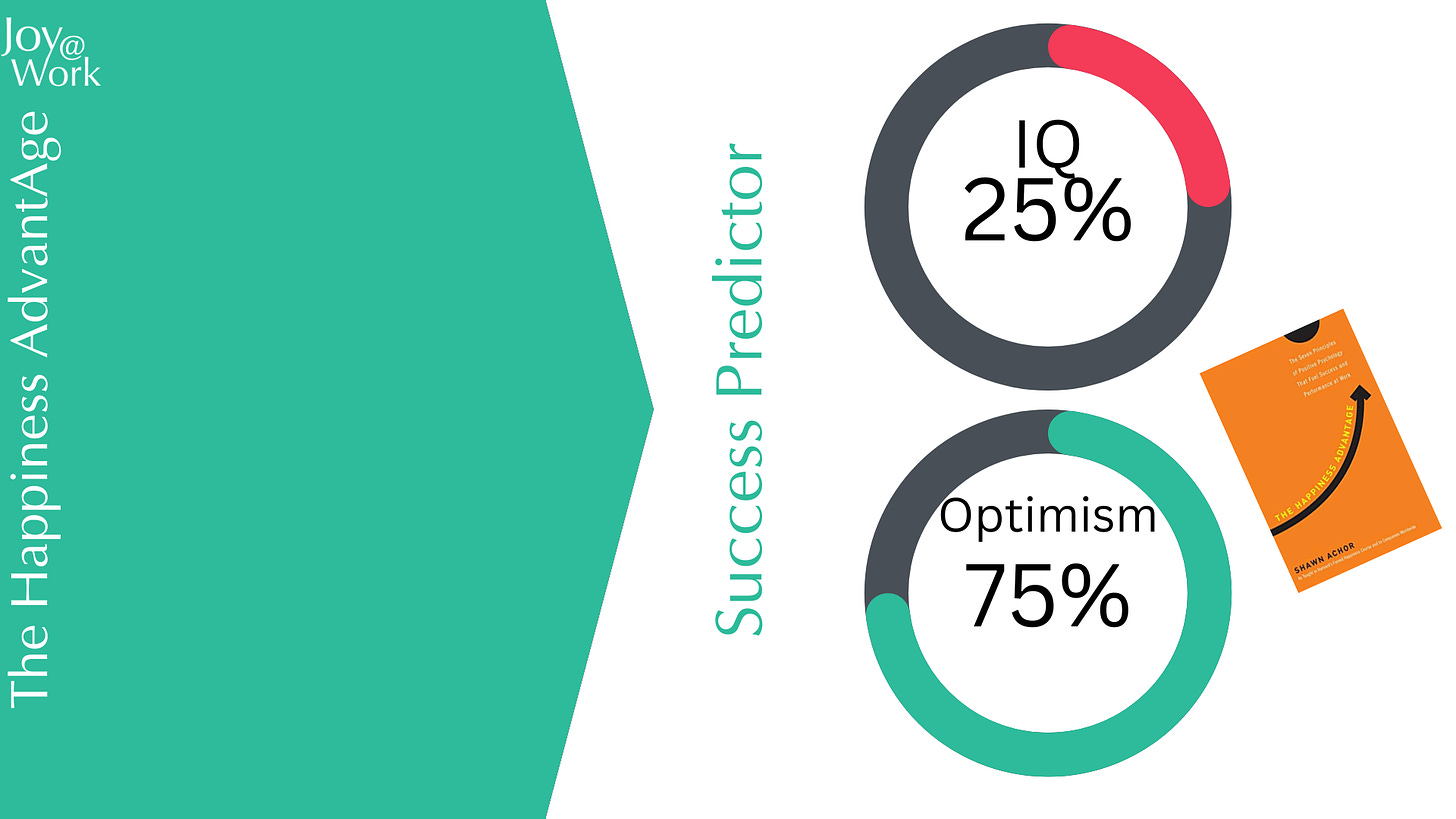
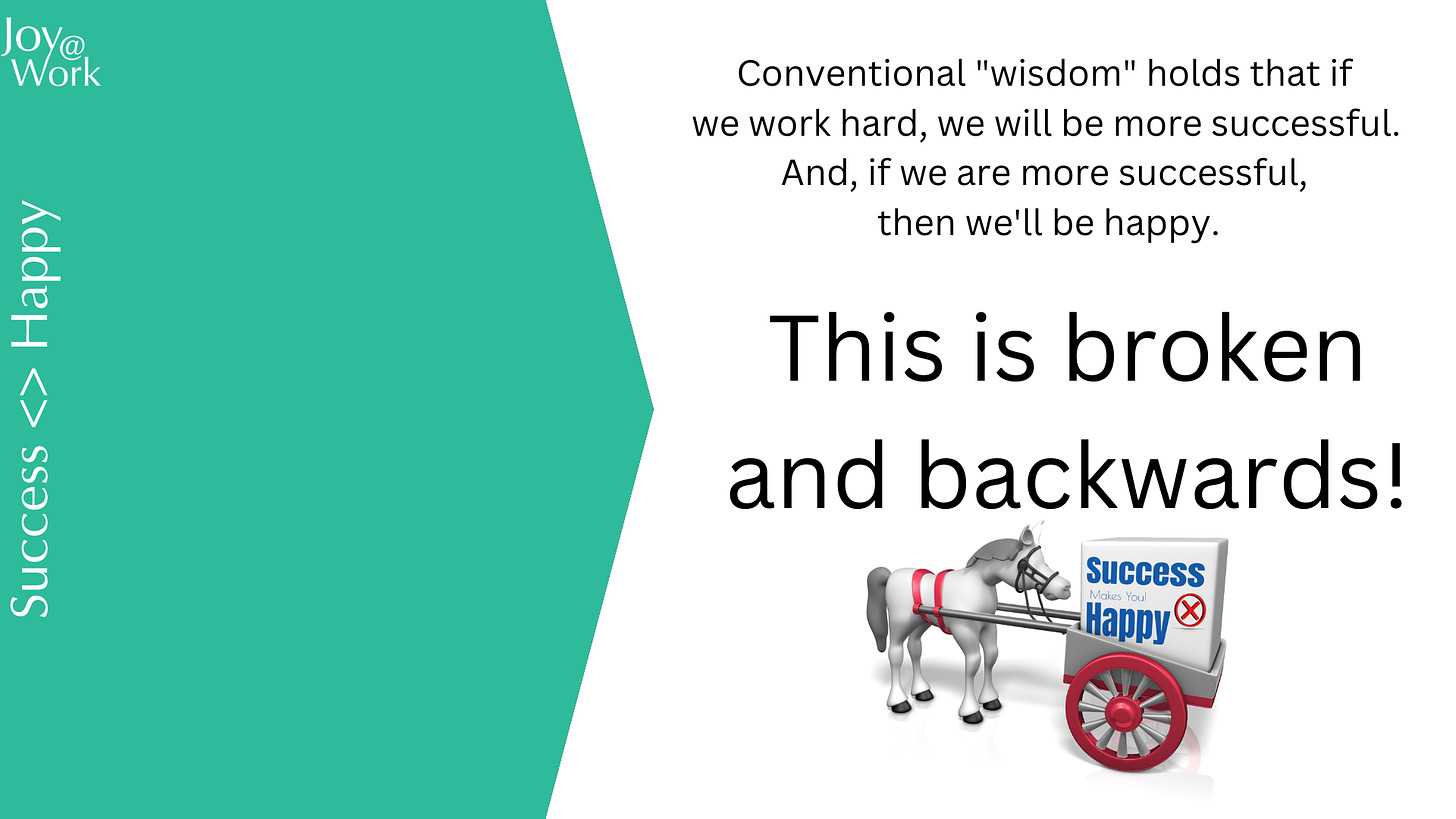


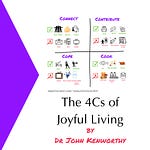

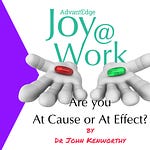

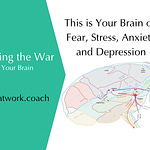
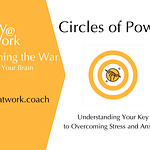
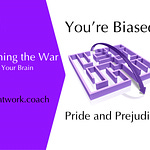
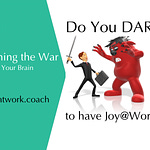
Share this post